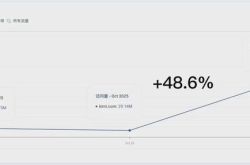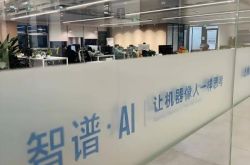AI Calls for Ma Huateng
![]() 06/26 2024
06/26 2024
![]() 515
515
In just four days, NVIDIA's market value has dropped by 16%, losing $550 billion.
This scene seems familiar.
During the advent of the internet era in 2000, Cisco, as a core network equipment manufacturer, also topped the list of the world's most valuable technology companies. With the bubble burst, Cisco's market value shrank by 80% in the following year and has since become an obscure "ordinary enterprise."
The ultimate winners of mining in the internet era were not network equipment companies or telecommunications operators who "sold water and picks," but Google, Amazon, Apple, and even the latecomer Microsoft.
The Chinese technology story, however, has always been dominated by a young man named Ma Huateng.
I. The Birth of the Penguin
In 1998, Ma Huateng, 27 years old, started Tencent in a small office on the 4th floor of Building 2 in the SEG Science and Technology Park in Huaqiang North, Shenzhen.
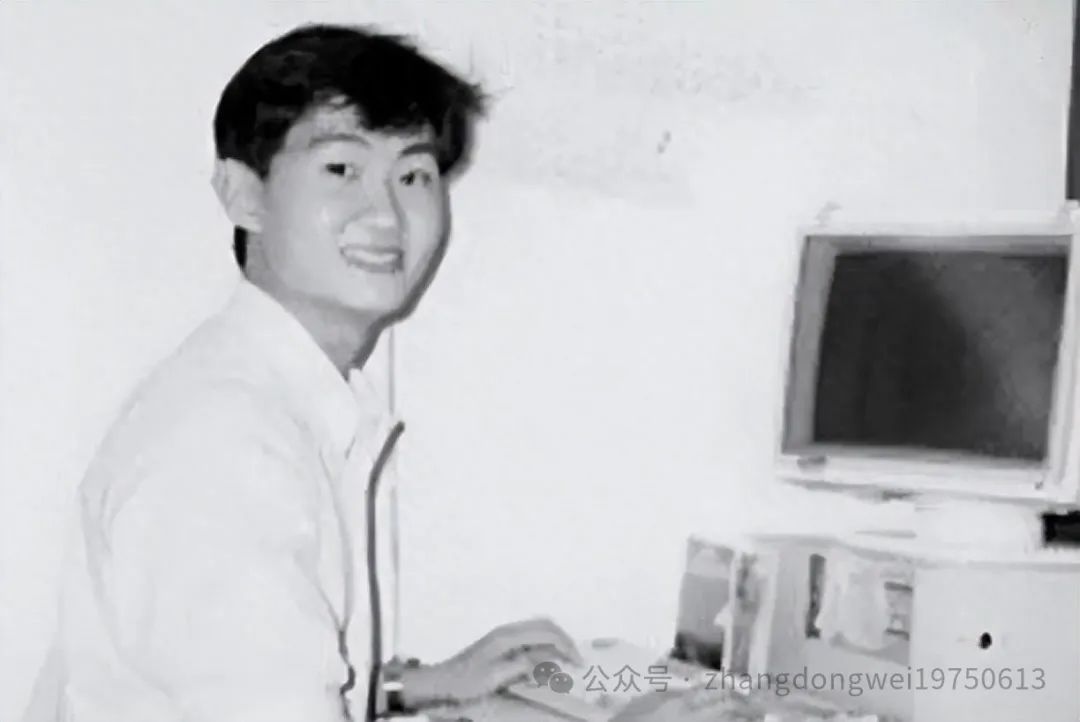
At that time, Ma Huateng did not have a dream of building a vast empire that would cover Chinese people's lives in the future. He simply wanted to solve a practical problem for a large group of users - how to obtain stock information cheaply.
In 1989, Ma Huateng, an academic superstar, was admitted to the Computer Science Department of the Electronic Engineering Department of Shenzhen University with an excellent score of 739 in the college entrance examination.
After graduating from university in 1993, Ma Huateng did not take the graduate entrance exam, civil service exam, or any other exams. He applied to Shenzhen Runxun Communication Development Co., Ltd., a well-known pager call center, and began working as a programming engineer, eventually becoming the head of the development department.
Working as an employee doesn't earn big money, so Ma Huateng also had a side business.
He developed the "Stock Overlord Card" for the Shenzhen Stock Exchange, the market that Shenzhen residents cared most about, and truly earned his first pot of gold in life.
This professional experience also made Ma Huateng realize the significance of developing software products lies in their practicality.
At the end of the 1990s, the traditional pager business was declining due to the rise of mobile phones. How to utilize emerging internet technology to provide free and effective information transmission and interaction?
OICQ, the "online pager," emerged at this time. Later, due to trademark litigation from ICQ, OICQ was renamed "QQ."
Compared to contemporaries like Sohu, Sina, NetEase, 8848, etc., Tencent was pitiful in size and did not have concepts like "portal," "e-commerce," or "email." It was merely a free gadget that allowed young people in internet cafes to greet each other with questions like "Are you a dinosaur?" or "I'm a frog" during breaks from playing games.
This was the peak of the internet bubble. Cisco became the world's most valuable technology company, and in the Chinese market, concepts like the three major portals, e-commerce, and local dating were dazzling. Even operators like China Telecom and China Mobile took off, and Beijing Telecom's 263 company received tens of millions of dollars in financing based solely on the email concept.
As the Nasdaq index reached its peak of 5048 points on March 9 and then plummeted to 1114 points in 2002, starting from March 12, two-thirds of the entire stock market value evaporated.
Companies like 8848, Etang, and Dolami, which were once stars, fell one after another, and the entire industry entered a state of struggling to survive.
However, during this period, a foreigner named Net Wei, representing the South African MIH Group, came to the mainland to look for internet investment opportunities.
He noticed that no matter which internet cafe he went to, he could see the penguin avatar flashing on every computer screen.
Almost all the Chinese businesspeople he encountered had a QQ number printed on their business cards.
And almost all computer users, the first thing they did after successfully connecting to the internet was to enter their number and log in to QQ.
QQ was the "killer app" that the internet era had been dreaming of.
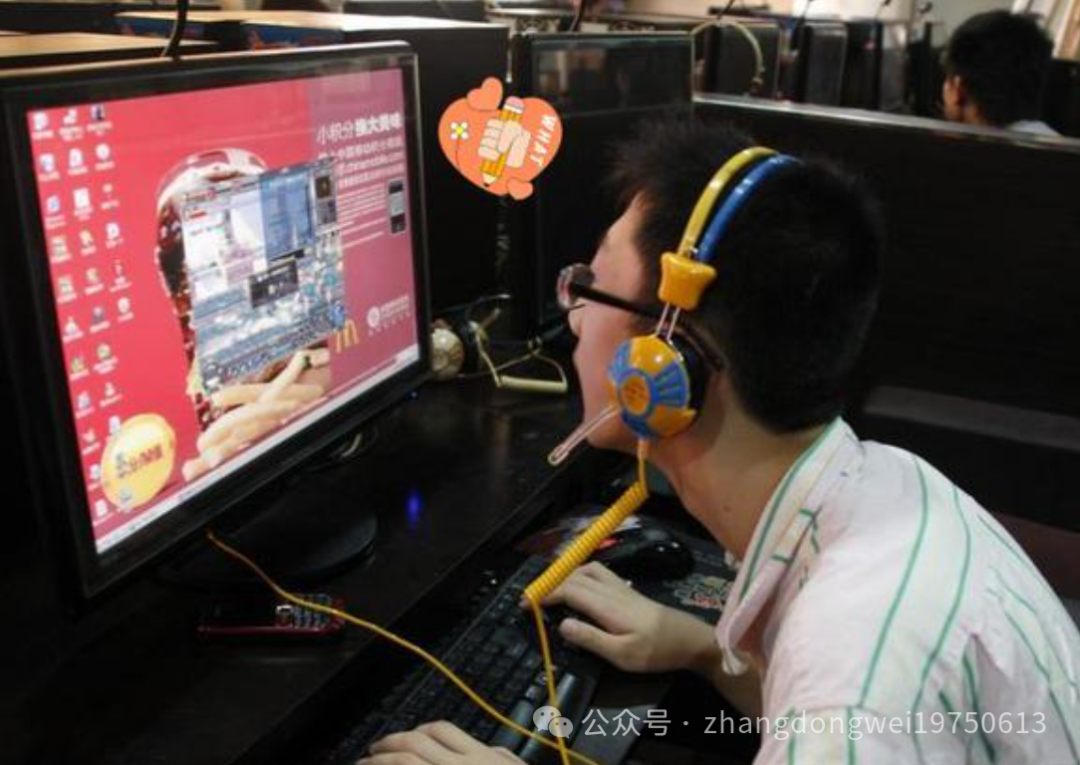
From 2001 to 2002, when the global internet industry was at its lowest point, MIH successively purchased 45.5% of Tencent's equity from PCCW, IDG, and Tencent's main founders for $34 million, becoming Tencent's largest single shareholder. This has also become MIH Group's most successful overseas investment to date. For this reason, MIH spun off its holdings in Tencent into a separate company called Prosus N.V. and listed it in the Netherlands, directly becoming the first European internet company with a market value exceeding $100 billion.
Ma Huateng's more crucial value lies in Tencent's success with QQ, which has driven the trend of "applications are king" in the entire Chinese internet industry.
With QQ value-added services as the core application, China Mobile innovatively launched the "Mobile Dream Network" model, allowing Chinese internet companies to earn real money through the SP model and survive.
Tencent's financing experience of surviving against all odds also inspired SoftBank to invest heavily in Alibaba, which was then struggling, supporting the dream of "making business easier for everyone" and also becoming one of the most successful overseas investment cases.
With QQ, the entire internet's traffic finally had a visible entrance. More entrepreneurs could rapidly develop by participating in Tencent's open platform or placing advertisements within the QQ ecosystem.
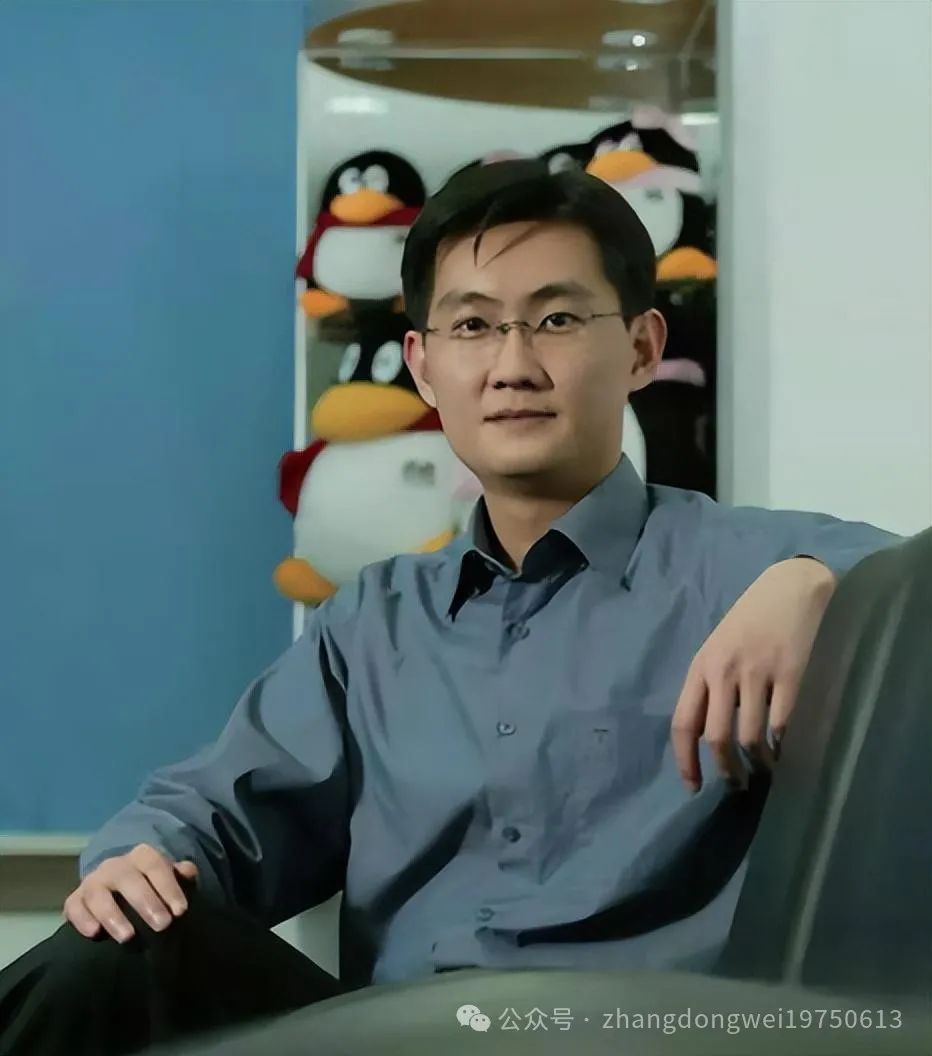
Ultimately, Tencent has not only become one of the largest technology venture capital investment institutions but also an indispensable ecological platform for internet entrepreneurship in China, feeding back the industry with traffic and funds.
II. The Dilemma of AI
There is no doubt that AI will be the next era, and its revolutionary significance is even greater than the advent of the internet.
Precisely because of this, the initial difficulties faced by AI are not only similar to those of the internet era but even worse.
"As the world becomes increasingly driven by AI, NVIDIA will become the most important company for our civilization in the next decade." Angelo Zino, an analyst at CFRA Research, recently stated that NVIDIA's GPU chips will be the most significant invention of this century.
But looking back, Intel's launch of personal computer CPU chips was undoubtedly one of the most important inventions of the last century.
Today, Intel's CPUs still dominate the IT world.
Qualcomm dominates mobile chips.
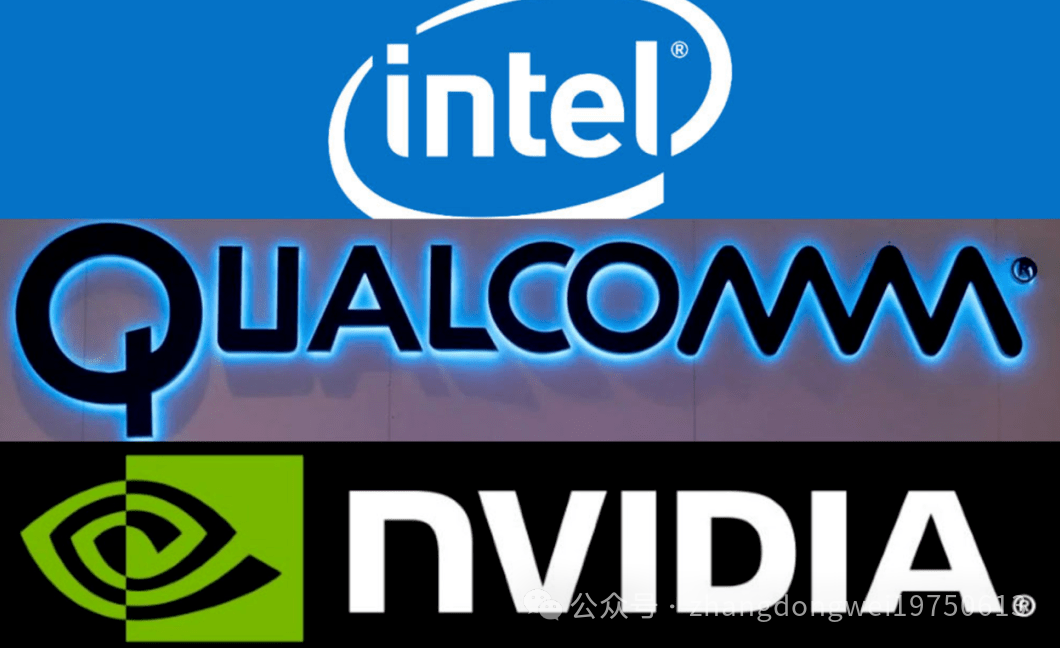
However, neither Intel nor Qualcomm's market values have gone crazy. In fact, without Microsoft releasing personal computer-based application software, especially the emergence of Windows and Office, Intel would have remained obscure for a long time.
Only Microsoft has been the long-term king of the stock market.
Amazon, which briefly surpassed Microsoft's market value, is the best application of e-commerce and cloud computing.
Apple, the darling of the mobile internet era, is a perfect combination of hardware and software. The part that brings it sustained net income growth is still software applications.
Today, at this great moment of preparing to welcome the advent of the AI era, the market has suddenly lost its way.
The industry generally summarizes the elements of the AI industry into four aspects: computing power, algorithms, data, and scenarios.
NVIDIA only represents one aspect of computing power. For example, Huawei has also developed its own computing power.
Why is there a "hundred-model war" in China? It's because of the competition in algorithms.
Interestingly, the large companies in this round of AI have not chosen mergers and acquisitions as their main strategy but have instead personally entered the field to develop large models. The reason is that they need to compete for data.
Compete for computing power, algorithms, data, and finally, price.
Nowadays, using large models is almost equivalent to being free.
However, it's difficult for everyone to know what they want to do with these AI large models.
AI large models are mostly competing in areas like doing math, writing articles, painting, or making videos.
It happens to be the period of filling out college entrance examination volunteers recently, and I recall a classic善意填报提示:
"Only the children of officials and the rich should study sports, art, and literature."
What's the difference between AI products without application scenarios and PPT written by Jia Yueting?
III. Pony's Responsibility
Although a small number of companies have found a little bit of AI application through 2B service models, such as digital humans, digital customer service, factory process optimization, etc., and can receive a little money, this pitiful application scale and income scale are nothing compared to the productivity expectations represented by AI.
The AI that ordinary people need is certainly not about writing poetry or painting. Just as buying a computer was not really for drawing blueprints or doing finances, and going online was not really for writing papers or searching for information.
The internet truly penetrated Chinese people's lives, first with Ma Huateng's QQ, second with Chen Tianqiao's "Legend," and third with Jack Ma's Taobao.
Mobile internet (smartphones) truly penetrated Chinese people's lives, first with Ma Huateng's WeChat, second with Tencent-invested Pinduoduo, Meituan, and Didi, and third with Douyin and Kuaishou.
They are all simple and direct human applications.
Even the key node that allowed the Chinese people to step into the digital economy era in one stride was Ma Huateng's "WeChat Red Envelope" released during the 2014 Spring Festival, which opened up the last mile of the digital economy for the entire society - "verification and card binding."
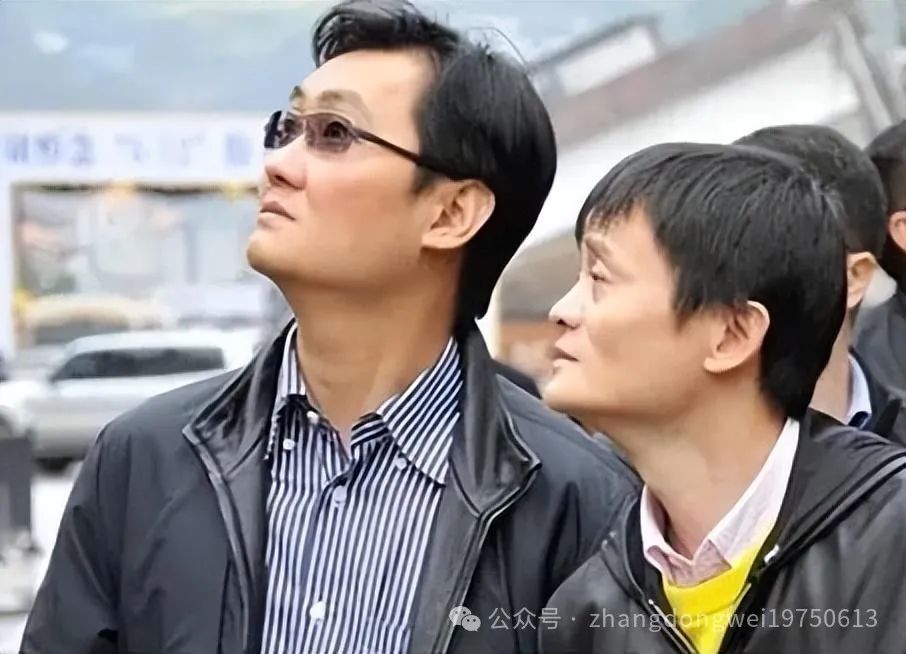
Technology is people-oriented.
Applications need to be based on the needs (potential needs) of the masses.
In the AI era, we first need "killer apps" like QQ, WeChat, and Red Envelope;
Second, we also need "user traffic entrances" formed based on killer apps, which can further incubate companies like Didi, Meituan, and Pinduoduo.
Ultimately, we hope that all large companies' AI large models will become "basic computing platforms and venture capital investment platforms."
Not many entrepreneurs deeply understand the needs of the masses, and many of them have fled to other countries in recent years.
At this time of unprecedented technological change in AI,
We call for Ma Huateng to stand at the forefront and strike again!

